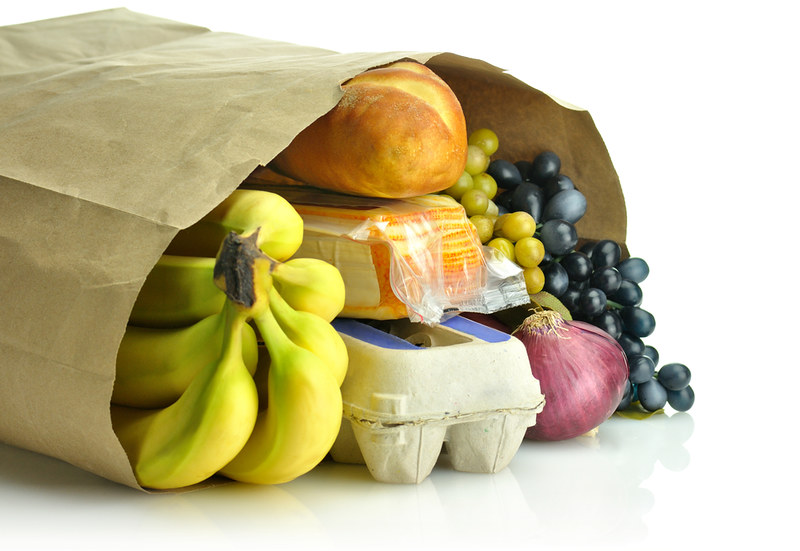



US joins Global School Meals Coalition
The US is set to join a global coalition that will improve the nutrition, health and education of vulnerable children and adolescents worldwide.The coalition, called “School Meals: Nutrition, Health and Education for Every Child,” will officially launch at the United Nations’ Food Systems Summit in September. It is led by UN member states and spearheaded by Iceland, Finland, and France, with support from the UN’s World Food Program (WFP). The USDA will spearhead US involvement with the coalition. WFP is already a key partner in implementing USDA international food assistance programs.
“The United States recognizes that increased international investment in school feeding programs worldwide is key to reducing food insecurity, improving nutrition for vulnerable children and their families, and offering a powerful incentive for families to send their children – especially girls – to school,” Vilsack said. “We look forward to being part of a coalition that has the potential to bolster global food security, build resilience to future shocks, and foster multilateral collaboration in supporting the nutritional, health, and educational needs of children and adolescents worldwide.”
The coalition’s goal is to promote, strengthen, and expand school feeding programs across the globe to make nutritious meals available for all children by 2030, advocating for multisector coordination, stable funding sources and ongoing research to improve program quality and efficiency. Specifically, the coalition aims to ensure that, by 2022, all countries restore school meals programs for the 370 million children who lost access during the COVID-19 pandemic, as well as reaching 73 million additional children living in extreme poverty and hunger who were not receiving school meals pre-pandemic.


“USDA is a leader in school feeding, both domestically and internationally. Through our McGovern-Dole International Food for Education and Child Nutrition Program, the United States is the largest global donor to school feeding efforts, providing US agricultural commodities, funding, and technical assistance to reduce hunger, support nutrition, and improve literacy and primary education, especially for girls, in 30 countries around the world,” Vilsack said.
“We look forward to bringing our expertise to bear, expanding our reach, and benefiting millions more vulnerable children by partnering with the World Food Program and other like-minded countries as part of this important coalition.”









